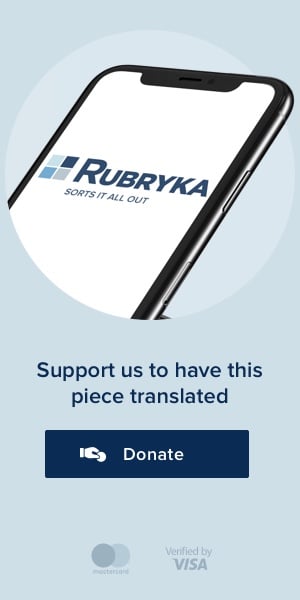Challenge for Ukrainian business: protecting users' personal data
Several dozen of the largest Ukrainian technology companies have become market leaders over the past ten years, winning the affection of millions of users. It's time for companies to review and update their internal policies for users, as the latter shared the most valuable thing with businesses–their own personal data.

Photo Unsplash
In 2019, the World Federation of Advertisers (WFA) launched an initiative called "brand safety"; large companies have voluntarily committed to limit the use of dangerous advertising on the Internet. The idea is obvious: users' reactions to dangerous intrusive advertisements are usually negative and damage the reputation of large companies. Dangerous advertising included an exhaustive list of categories, like advertising of alcohol, tobacco, weapons, criminal news, online piracy, and terrorism. One of the new categories to support "brand security" that appeared on the list was the prevention of advertising unreliable news (fake news).
Businesses are extremely sensitive to their online reputation, which is why brands such as Adidas, Bayer, Unilever, BP, Danone, Procter & Gamble have joined the brand security initiative. Key technology companies that place advertisements on their platforms, in particular Facebook, Google/YouTube, Twitter, stated about their adherence to the principles of ethical advertising. Taking care of one's own reputation goes hand in hand with taking care of customers because ads influence user behavior and can encourage the consumption of alcohol and tobacco or even encourage them to join terrorist groups.
This publication is available in Ukrainian and Russian. The English translation hasn’t been produced yet. Support us to make the translation faster - follow the link for instructions






